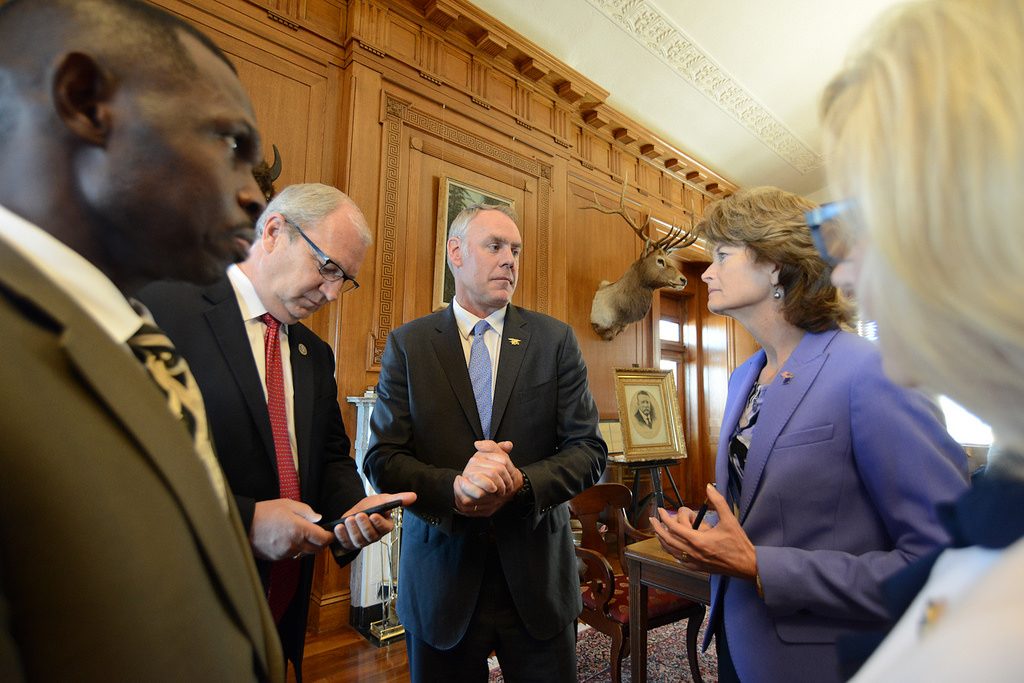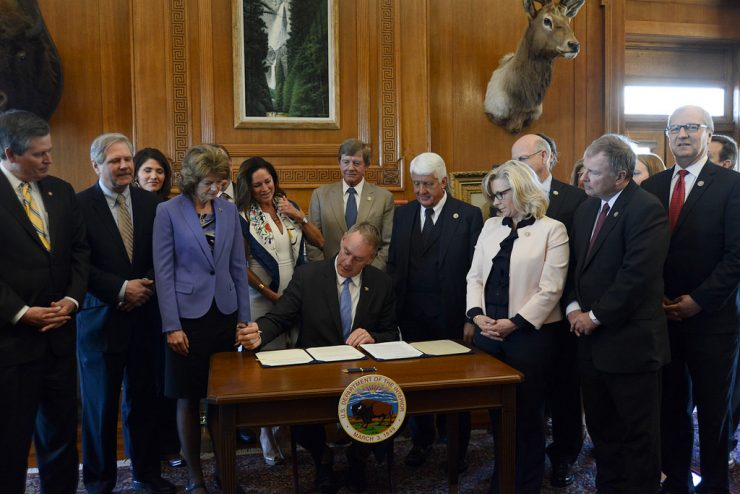The ban on new coal leasing was a decision taken by former president Barack Obama in response to the 2015 Paris agreement on climate change. The ban had never been a popular decision, and during his campaign, President Donald Trump made it a big issue. He promised to bring back coal jobs that were lost because of this decision. Now it looks like he has started working on doing just that.
Secretary of the Interior Department lifted the ban on new coal leasing on federal land. This decision is a part of the new climate and energy executive order that president Trump signed on Tuesday. A review of federal coal leasing rate imposed by Obama has also been suspended. However, Zinke said that he still wants to form an Interior Department task force to look into the viability of raising royalty rates for coal mining.

The decision to roll back the coal leasing ban faced opposition from environmental groups and public lands supporters. The new order is already facing challenges in court. Zinke however said that the rollback will help the economy and national security. “I’m going to review everything across the board to make sure it is appropriate,” Secretary Zinke said. “We will identify those ones that need a legislative fix. We are sensitive to the heavy-handiness of the last few years. We should strive to be collaborative and to be the advocate for multiple land use. We should not be viewed as an adversary.” He added that reasonably regulating domestic energy development is better than creating rules that give other countries an edge in natural resource exports.
The states that depend heavily on coal mining will now breathe a sigh of relief. However the main question now would be whether the removal of the ban will actually accomplish anything. The demand for coal has gone down as more and more electricity manufacturers have switched to natural gas over the last two years. Today only about 30% of electricity generation depends on coal. Environmental activists say that the new order will not change the fact that coal faces severe challenge in the market from other types of fuel, especially cheap natural gas.
















